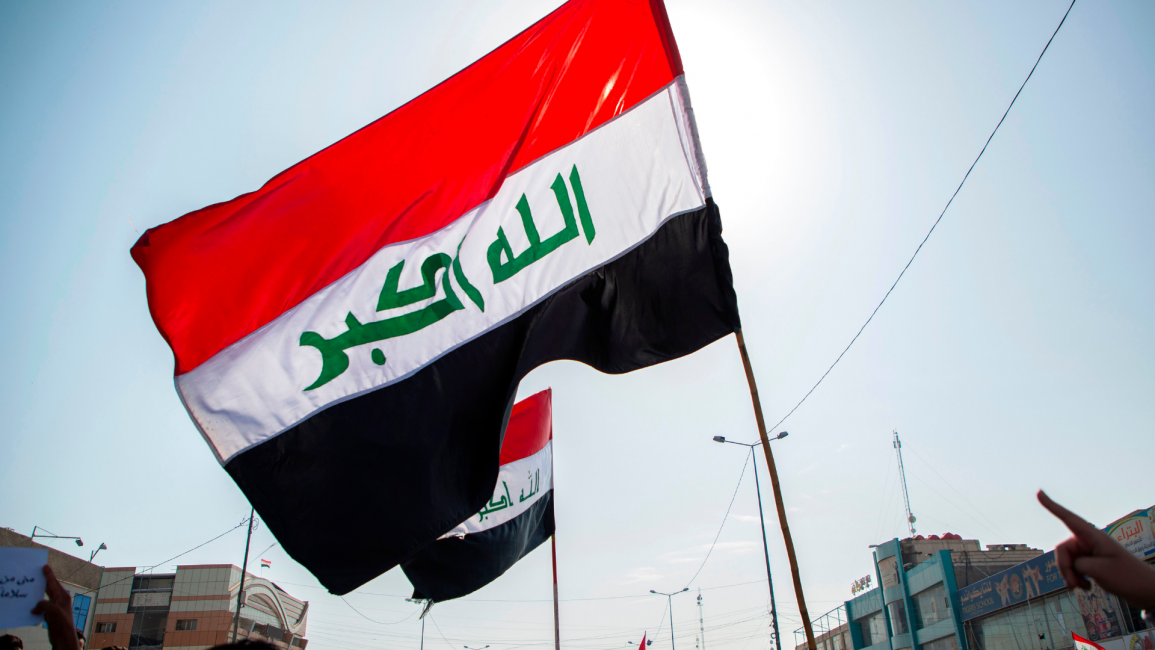Iraq grants $20bn construction projects to Chinese companies
An initial approval for the construction of projects in the southern province of al-Muthanna has been granted, Adel Al-Yasiri, the head of the al-Muthanna Investment Authority, said in a statement.
“The projects include the construction of a power station and a factory for floors and porcelain with a production capacity of 32,000 m2 per day, and a factory for ceramic walls and façades with a capacity of 36,000 m2 per day,” Al-Yasiri said.
“The first phase of the projects amounts to $2 billion where two sites have been prepared near the Samawah refinery for the companies to complete the remaining procedures,” he said.
Construction for sanitary, ceramic and paper factories are also scheduled to begin, the report added.
Last month, reports said China and Iraq were set to ink multi-billion dollar oil bail-out deal to support the cash-strapped government with a long-term contract that will see Baghdad supply oil in exchange for money up-front.
The bailout will take the form of a multi-billion dollar contract between Baghdad and the state-run China ZhenHua Oil Co, reports said at the time.
Sources cited by Bloomberg said the Chinese firm was picked after SOMO, the Iraqi agency that oversees exports, asked oil traders for bids.
Read also: How youth activists in Iraq are waging a 'green revolution' to counteract climate change
According to the terms outlined in a letter sent by SOMO in November, the successful bidder will pay upfront for the supply of 4 million barrels a month, or roughly 130,000 per day. A Bloomberg estimate based on current market prices places the up-front payment at over $2 billion.
The contract will run for five years, however, up-front payment is only required for the first year.
Iraq, which relies almost entirely on oil revenues, has been hard hit by the effects of the coronavirus pandemic. The deal will mark the first time that Baghdad enters a loan-for-oil arrangement.
According to IMF forecasts, Iraq's economy will contract 12 percent this year - the worst forecast of any OPEC member under a protection quota.
Follow us on Facebook, Twitter and Instagram to stay connected



